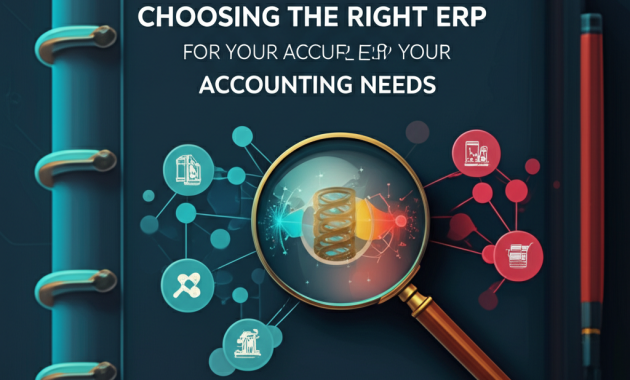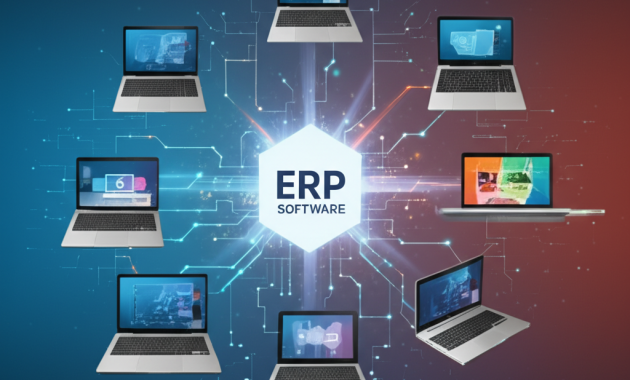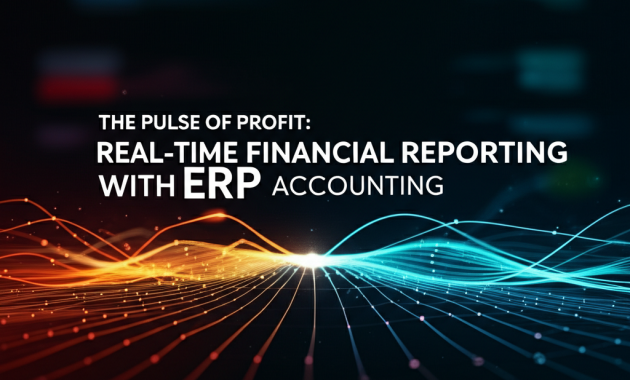As a small business owner, managing finances and filing taxes can be a daunting task. With the numerous responsibilities that come with running a business, it’s easy to get overwhelmed by the complexity of financial record-keeping and tax compliance. However, with the advent of accounting software, small business owners can now breathe a sigh of relief. In this article, we will explore the benefits of using accounting software for small business tax filing, discuss the key features to look for, and provide an overview of the most popular accounting software options available.

Benefits of Using Accounting Software for Small Business Tax Filing
Accounting software can simplify the tax filing process for small businesses in several ways:
- Accurate Financial Record-Keeping: Accounting software helps small business owners maintain accurate and up-to-date financial records, which is essential for tax filing. By automating tasks such as invoicing, expense tracking, and bank reconciliation, business owners can ensure that their financial records are accurate and compliant with tax regulations.
- Tax Compliance: Accounting software can help small businesses stay compliant with tax laws and regulations. Many accounting software options come with built-in tax tools and features that help business owners navigate the tax filing process, including calculating tax liabilities and generating tax returns.
- Time-Saving: Accounting software can save small business owners a significant amount of time and effort. By automating tasks and providing real-time financial insights, business owners can focus on running their business rather than getting bogged down in administrative tasks.
- Cost-Effective: Accounting software can be a cost-effective solution for small businesses. By reducing the need for manual data entry and minimizing the risk of errors, accounting software can help business owners save money on accounting and tax preparation fees.
Key Features to Look for in Accounting Software
When selecting accounting software for small business tax filing, there are several key features to look for:
- Ease of Use: The software should be easy to use and navigate, even for those without extensive accounting experience.
- Financial Reporting: The software should provide comprehensive financial reporting, including balance sheets, income statements, and cash flow statements.
- Tax Tools: The software should have built-in tax tools and features, such as tax calculators and tax return generation.
- Integration: The software should integrate with other business systems, such as payment gateways and bank accounts.
- Security: The software should have robust security measures in place to protect sensitive financial data.
- Scalability: The software should be scalable, allowing it to grow with the business.
- Customer Support: The software should have reliable customer support, including online resources and phone support.
Popular Accounting Software Options
Some of the most popular accounting software options for small businesses include:
- QuickBooks: QuickBooks is one of the most widely used accounting software options for small businesses. It offers a range of features, including financial reporting, tax tools, and integration with other business systems.
- Xero: Xero is a cloud-based accounting software that provides real-time financial insights and automated tasks. It also has built-in tax tools and features, including tax return generation.
- Wave: Wave is a cloud-based accounting software that offers a range of features, including financial reporting, tax tools, and integration with other business systems.
- FreshBooks: FreshBooks is a cloud-based accounting software that provides real-time financial insights and automated tasks. It also has built-in tax tools and features, including tax return generation.
- Zoho Books: Zoho Books is a cloud-based accounting software that offers a range of features, including financial reporting, tax tools, and integration with other business systems.
Frequently Asked Questions (FAQs)
- What is the best accounting software for small businesses?: The best accounting software for small businesses will depend on the specific needs and requirements of the business. However, popular options include QuickBooks, Xero, Wave, FreshBooks, and Zoho Books.
- How much does accounting software cost?: The cost of accounting software can vary depending on the provider and the features required. However, many accounting software options offer affordable pricing plans, including monthly or annual subscriptions.
- Is accounting software secure?: Yes, most accounting software options have robust security measures in place to protect sensitive financial data. However, it’s essential to research the provider and read reviews to ensure that the software meets your security requirements.
- Can I use accounting software for personal tax filing?: While accounting software is designed for business use, some providers offer personal tax filing options. However, it’s essential to check with the provider to confirm that their software is suitable for personal tax filing.
- Do I need to be an accountant to use accounting software?: No, you don’t need to be an accountant to use accounting software. Most accounting software options are designed to be user-friendly and provide real-time financial insights, making it easy for non-accountants to manage their finances and file taxes.
Conclusion
In conclusion, accounting software can be a valuable tool for small businesses, simplifying the tax filing process and providing real-time financial insights. By selecting the right accounting software, small business owners can save time and effort, reduce costs, and ensure compliance with tax laws and regulations. When choosing accounting software, it’s essential to consider key features such as ease of use, financial reporting, tax tools, integration, security, scalability, and customer support. By doing so, small business owners can find the perfect accounting software solution to meet their unique needs and requirements. Whether you’re a seasoned business owner or just starting out, accounting software can help you streamline your financial management and tax filing, allowing you to focus on what matters most – running and growing your business.
Closure
Thus, we hope this article has provided valuable insights into Streamlining Small Business Tax Filing with Accounting Software. We appreciate your attention to our article. See you in our next article!



